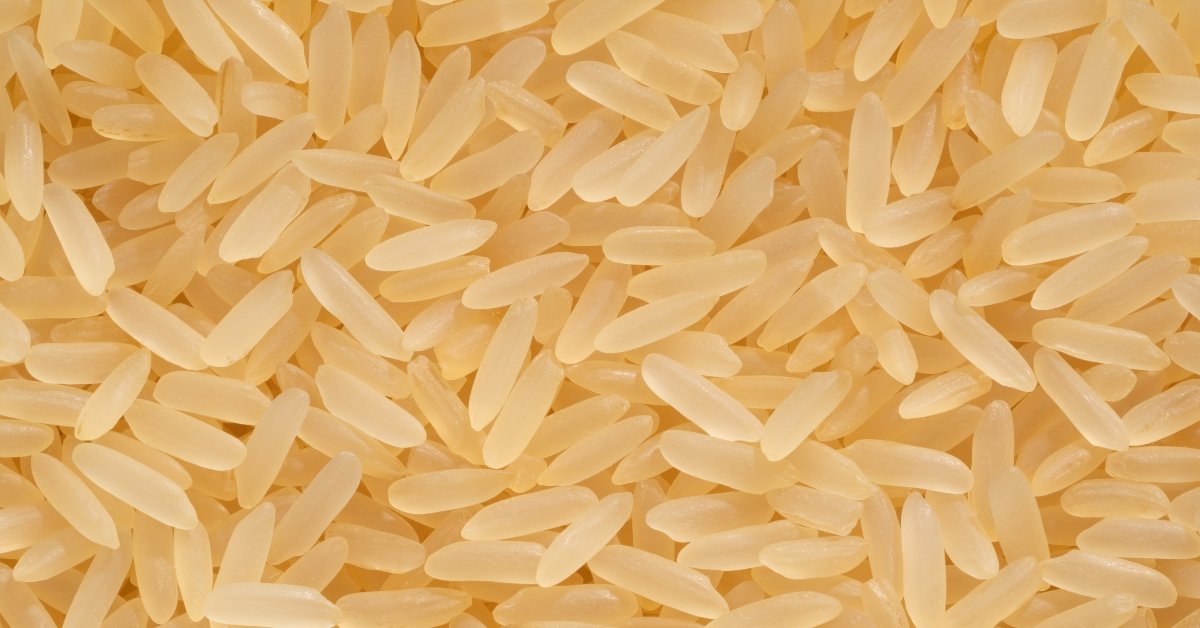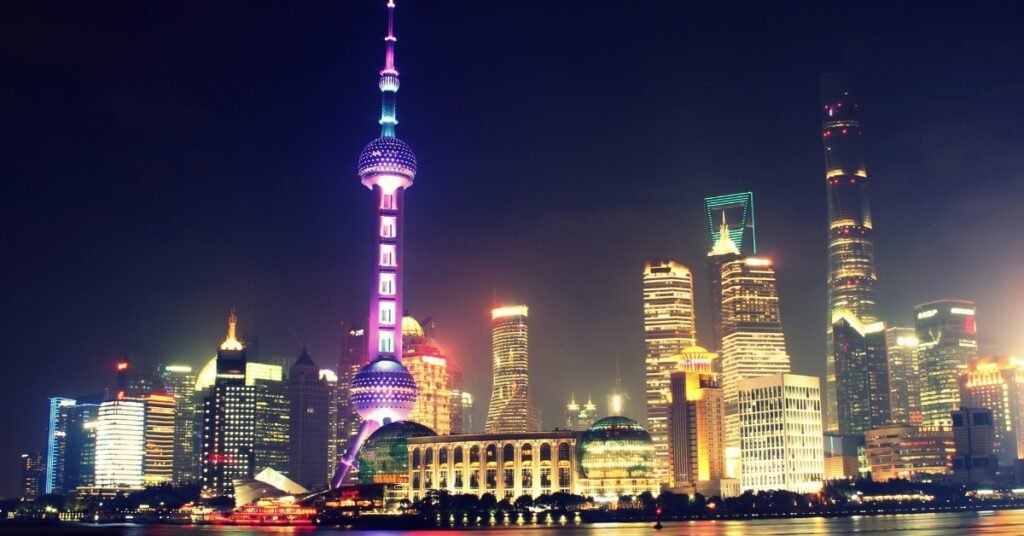India’s imposition of a 20% duty on parboiled rice exports raises global market concerns, impacting rice prices and supply dynamics. Stay informed about the evolving situation and its potential implications.
Table of Contents
New Delhi: In a move with potentially far-reaching consequences for the global rice market, India has taken measures to curb rice exports, imposing a 20% duty on parboiled rice exports, effective immediately. This decision follows a series of actions that have impacted the rice trade, raising concerns about possible inflation in food prices. The world’s largest rice exporter has already seen its actions contribute to the recent surge in rice prices, which have hit a 12-year high.
Expanding Restrictions on Exports
India’s recent decision builds on earlier export restrictions that have shaken the rice market. Just last month, India took the surprising step of banning exports of non-basmati white rice, a staple in many parts of the world. This unexpected move came after a ban on broken rice exports in the previous year. These actions have had a domino effect, causing buyers to turn towards parboiled rice and driving its prices to unprecedented levels.
Impact on Prices and Global Market Dynamics
Market experts report that imposing the 20% duty on parboiled rice exports will further elevate prices. This development concerns buyers and consumers, as Indian parboiled rice will now be priced competitively with rice from other major exporting countries like Thailand and Pakistan. This leaves buyers with limited options and could affect global food prices significantly.
According to a Mumbai-based global trade house dealer:
“The recent changes mean that Indian parboiled rice, a popular choice, will no longer be a cost-effective option for buyers. The resulting market shift could drive prices even higher.”
Unforeseen Consequences on Global Rice Prices
Last year, India exported a substantial 7.4 million tons of parboiled rice. This accounted for a significant portion of the global rice market, where India already holds a commanding position with over 40% of total rice exports. With India now placing restrictions on various types of non-basmati rice, which consumers in Africa and Asia prefer, there is a real concern that supply shortages could exacerbate rising prices.
The United Nations Food Agency’s rice price index surged to its highest level in over a decade in July. This was a direct result of the increased demand from key exporting countries after India initiated its export restrictions. The confluence of these factors paints a worrying picture for global food security and price stability.
Government Priorities and Preparations for Elections
These measures come at a crucial time for India’s government. With general elections looming, Prime Minister Narendra Modi’s administration is under pressure to tackle food inflation and maintain public confidence. Notably, there are other instances of such intervention. The government previously extended the ban on wheat exports and curtailed rice shipments in September 2022. Furthermore, restrictions were placed on sugar exports due to lower cane yields this year.
The implications for global food prices and trade dynamics remain uncertain as the world watches how these actions play out. The rice market’s delicate balance is at stake, and stakeholders worldwide are bracing for potential impacts on their economies and food security.







